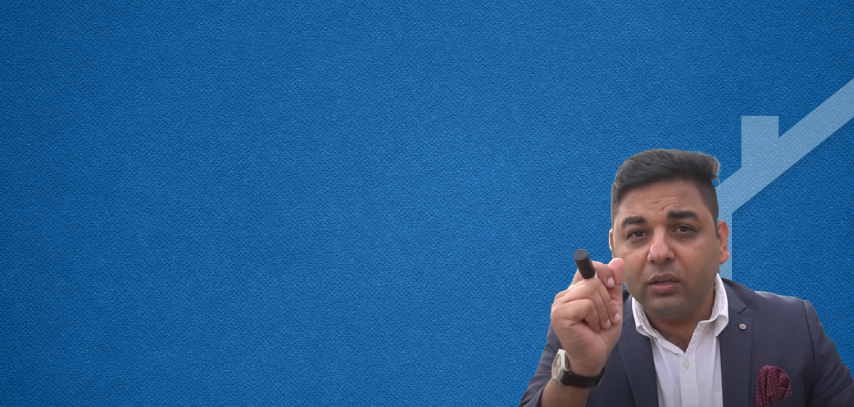Money Education
MODULE 4: Money, Lesson 14
Don't Keep Money When They Print Money
Adnan Ul Haq

Module 4:Money
Don't Keep Money When They Print Money
Adnan Ul Haq

Here’s a simple question for you - If the government can control how much or less money they print, then why should you save that printable money?
The government can always find multiple vindications for printing more and more money. If the bank is indebted to the government, they will print money. If there are taxes uncollectable, they will print money. Similarly, if the government’s spending increases, they will print more money.
Let’s see the flipside of this money-printing regime of a government!
As the government prints more currency notes, the value of your money will decrease even more. This in turn reduces the buying power of your money. So, the time value of money may not change but the buying power definitely reduces.
The inflation rate of the last month was 11.9%. Do you know what this implies? It means that if you had PKR 1 lac in your bank account, then it will be reduced to around PKR 88 thousand. So, the goods that you used to buy in PKR 1 lac will not be purchasable for you anymore. You will have to pay more than 1 lac to buy the same amount of goods.
What options do you have?
You should invest in God’s money or build real assets. Where should you invest it? Invest it in an asset that generates cash flow. Where can you get cash flow from? You can get it from the property, stock market, and business.
Thinking what is the cheapest real asset that can generate a cash flow?
It is an under-construction building that offers rental income. When there is no or less development on-site, the prices of the property, apartment, or units there will be less. Once the construction is completed, their prices will jump instantly.
However, always ascertain the 1% rule with your rentals. This means that wherever you buy property, always keep the rent at 1% of the purchase price.
A layman is fearful to invest in under-construction buildings and apartment complexes because they think these buildings might fall and all their money will be flushed away. Nevertheless, there are buildings that are standing tall and high for decades. It all depends on the developer.
Fraud developers use cheap materials and ways to build a building that is prone to many hazards. On the other hand, a renowned or credible developer can build a durable building that can stand for decades. There are many examples of such developers and buildings.
Moreover, to ensure the security of your investment, you can get insurance for your building as well. Housing insurance is very cheap because the banks are well-aware of the fact the houses don't fall if constructed properly. However, if they do fall, your money will be reimbursed through insurance. You need to make sure that you insure your building according to its market value.
You also need to perform due diligence before investing in any kind of property. Invest in an ideal location and a safe area that has good resale value. Also, check whether the building has the required approvals from the authorities or the government. To be on the safer side, you should dig into the developer’s history as well.
Your main aim should not be to eliminate loss because that is not practically possible. However, you should try to keep the loss percentage to the least.
In conclusion, it can be said that it is a fool’s paradise to think that you can get rich by saving money in the bank. Instead, you need to invest money to build real assets that generate cash flows.
Keep in mind - always invest smartly after due dilligence!




